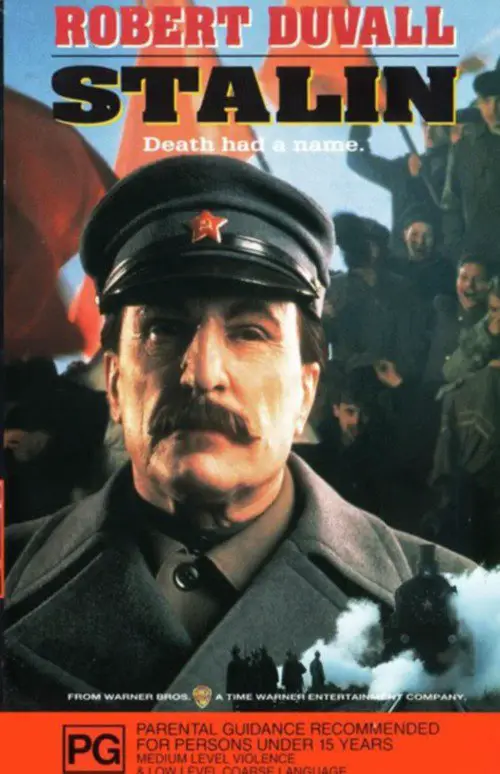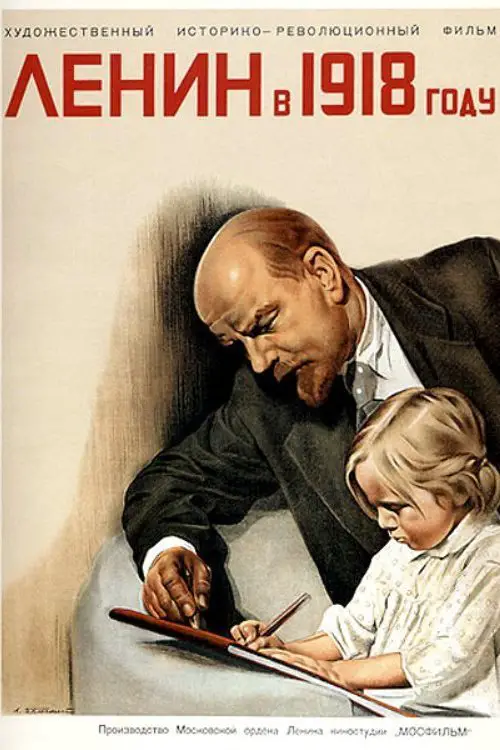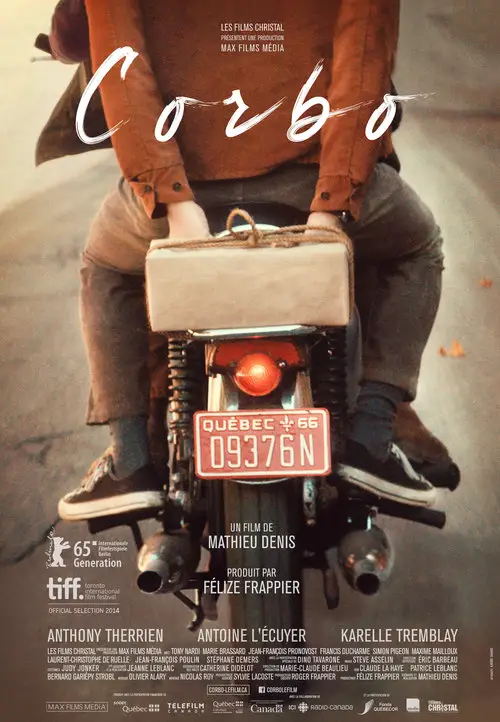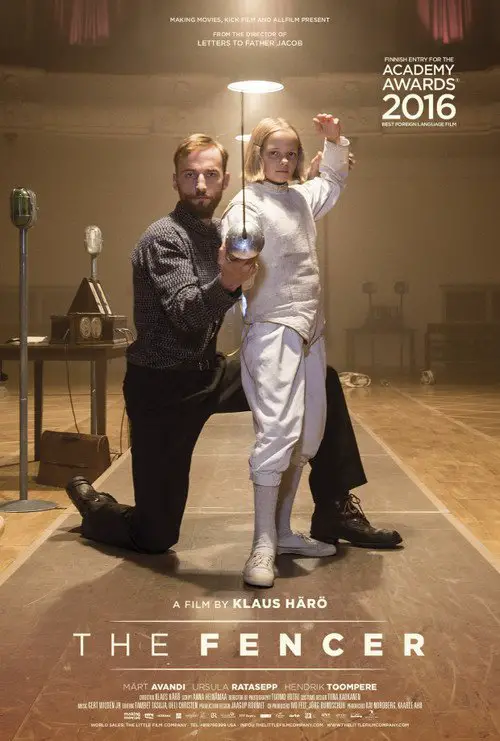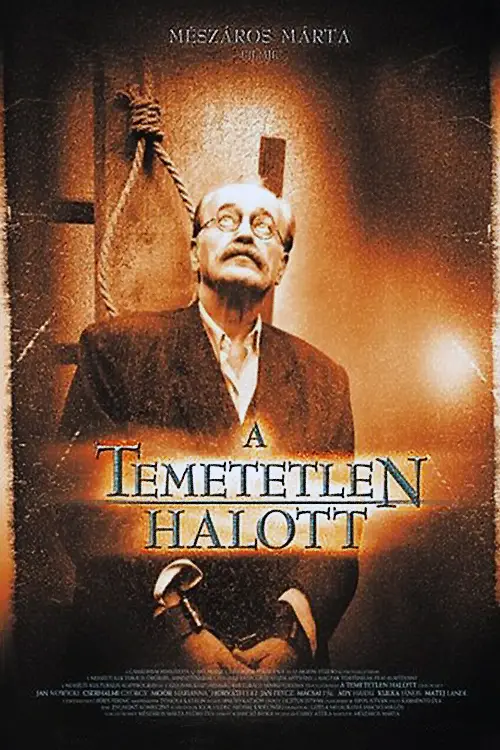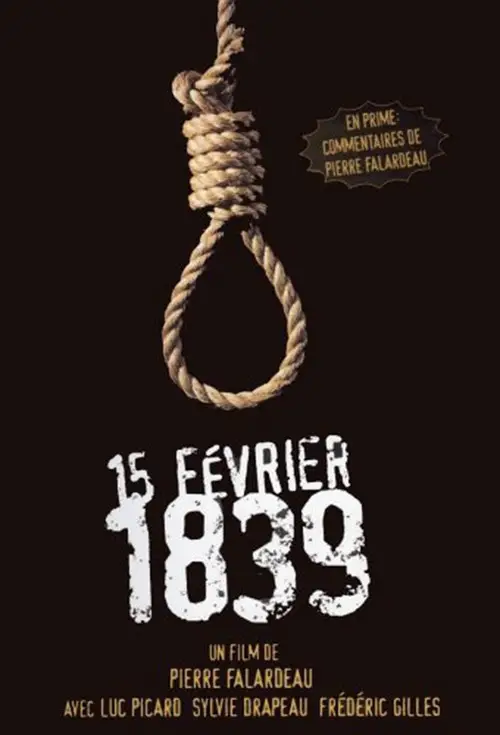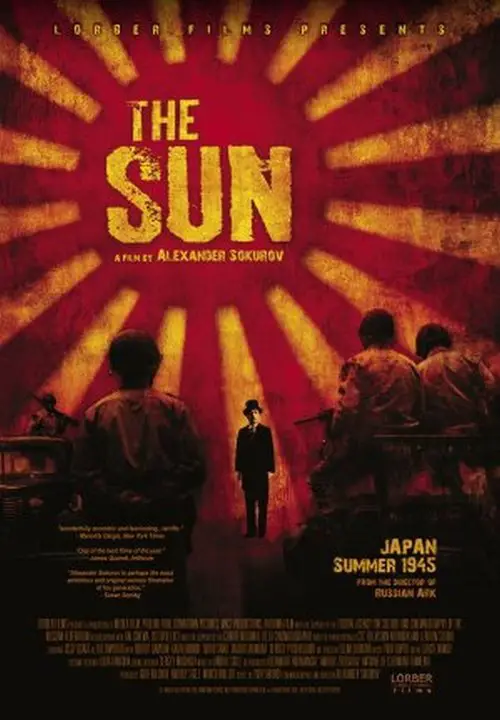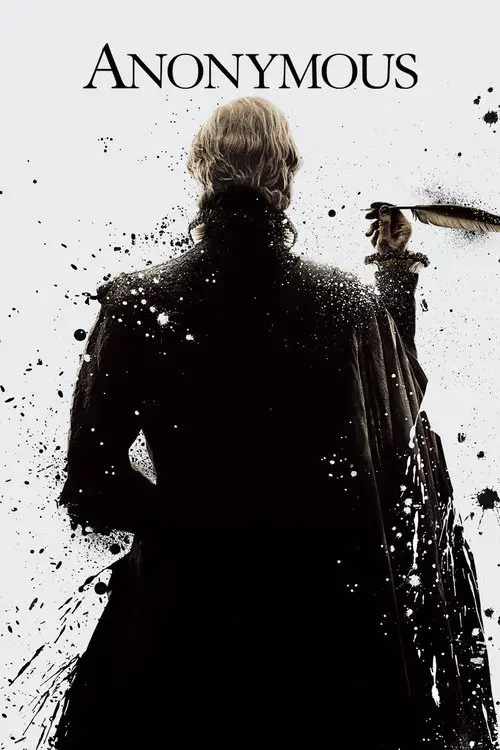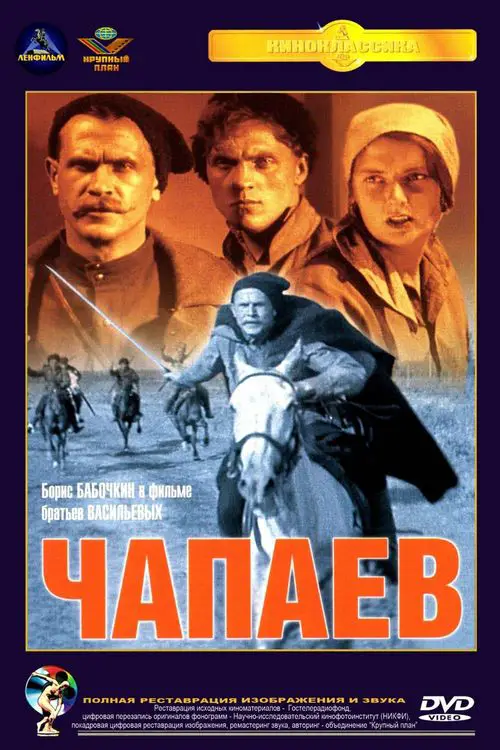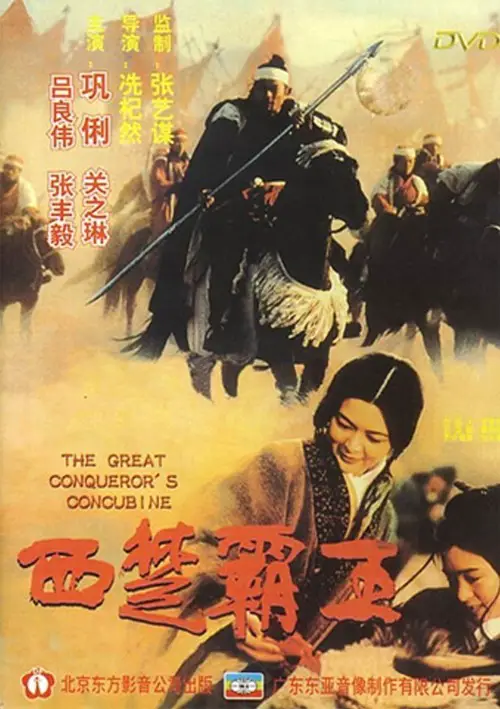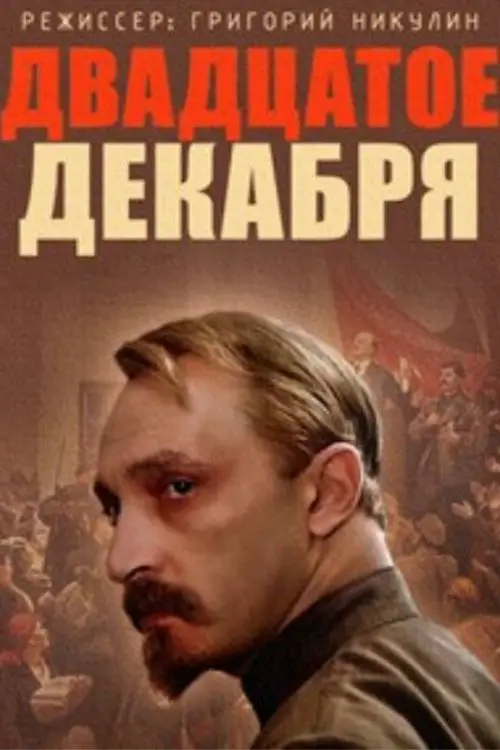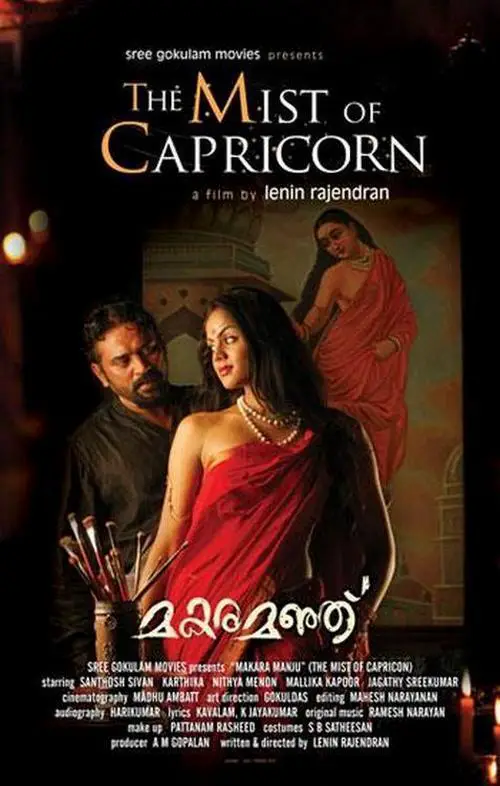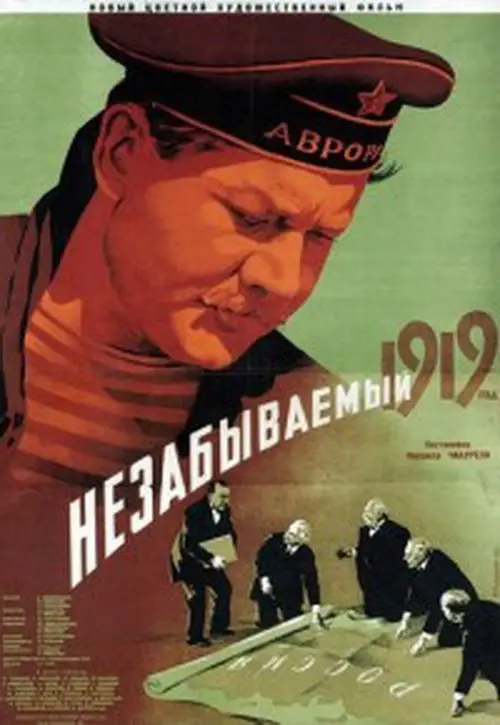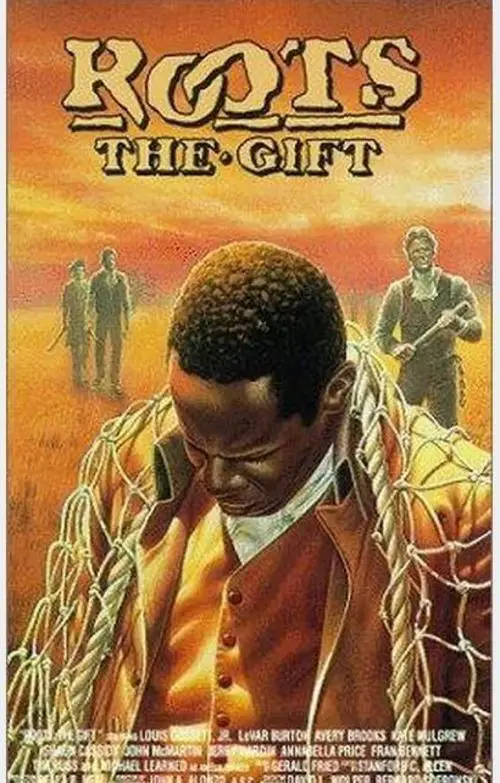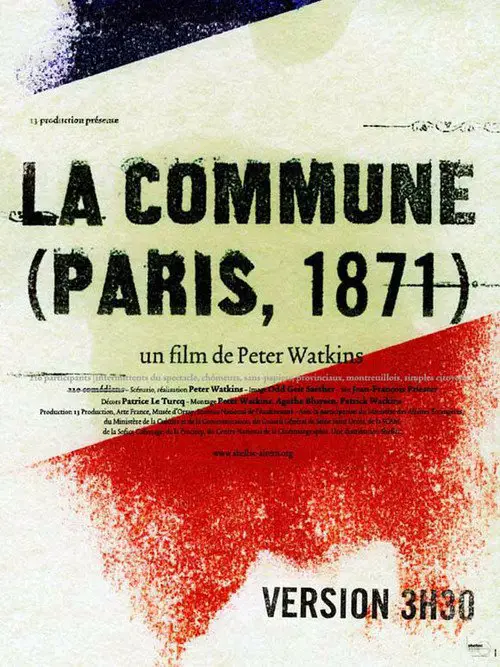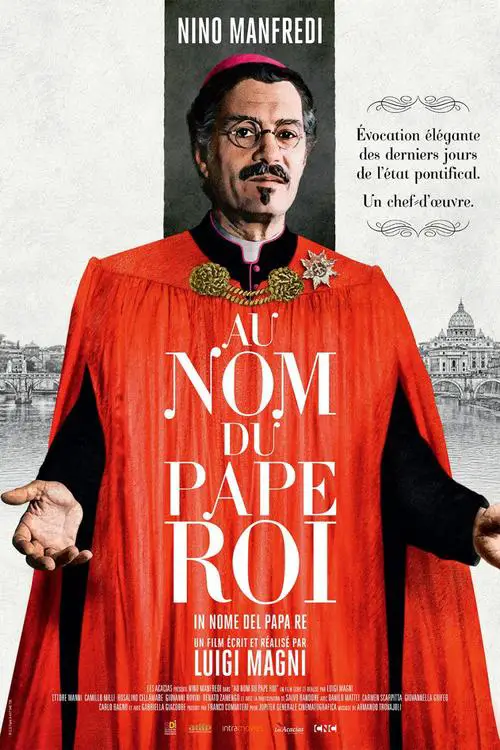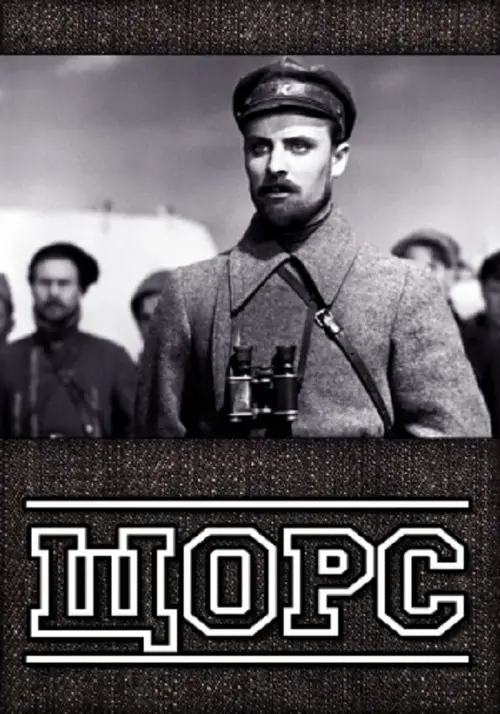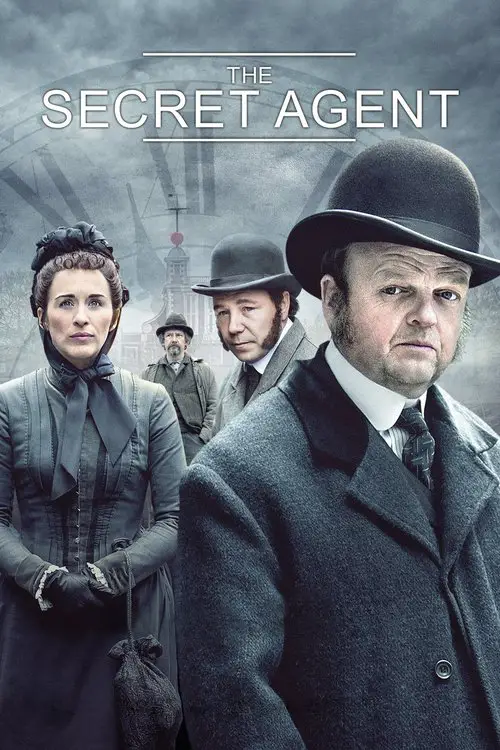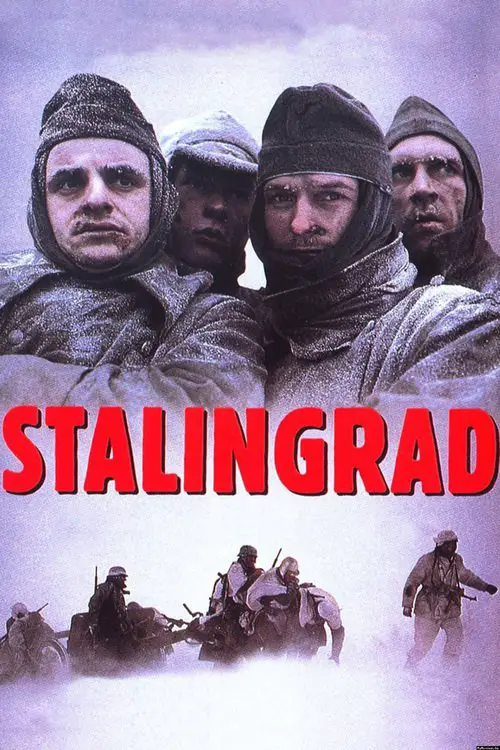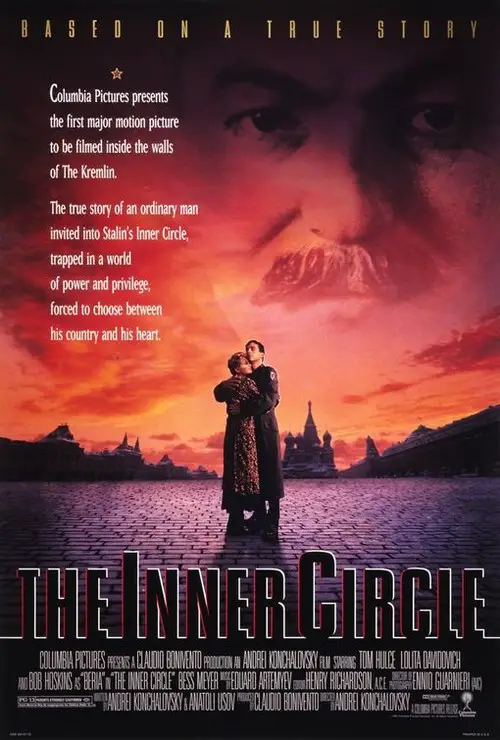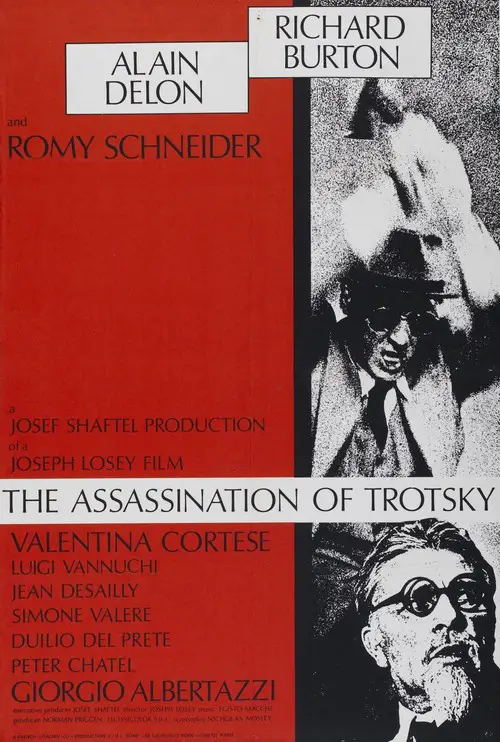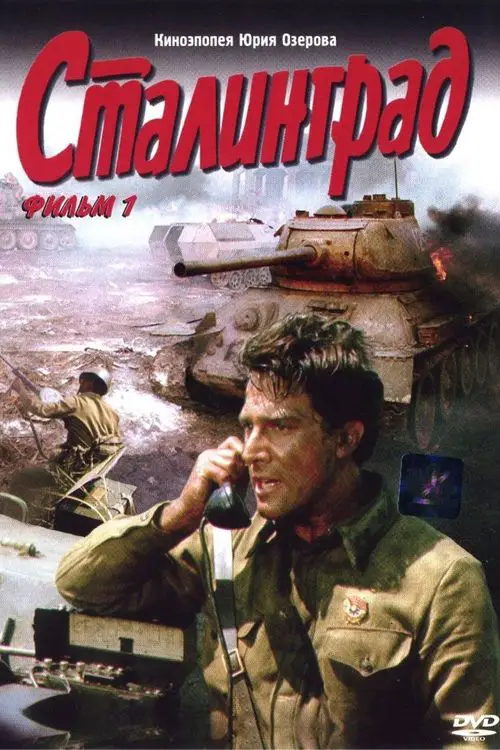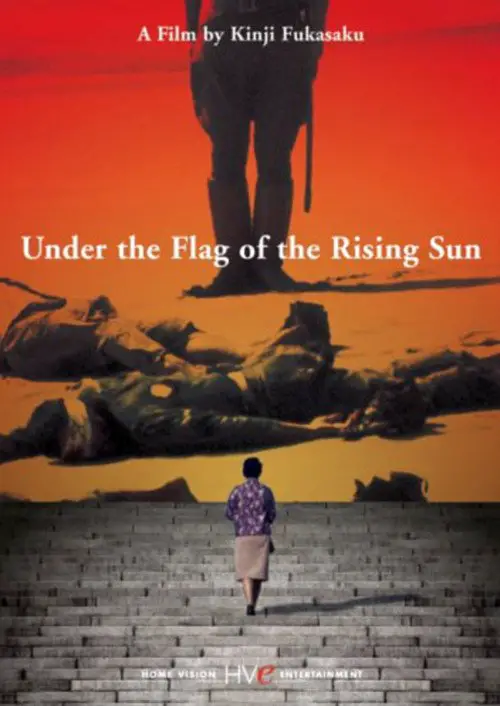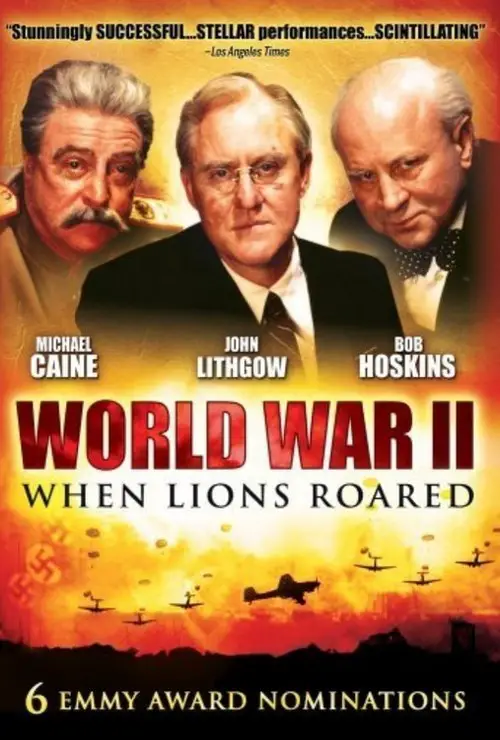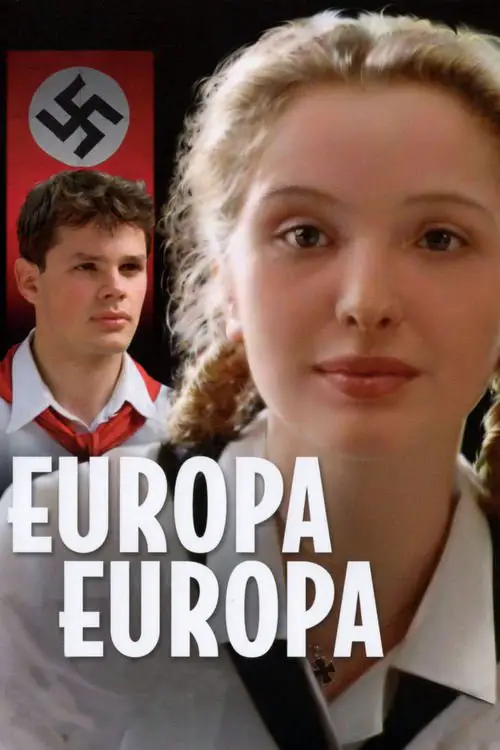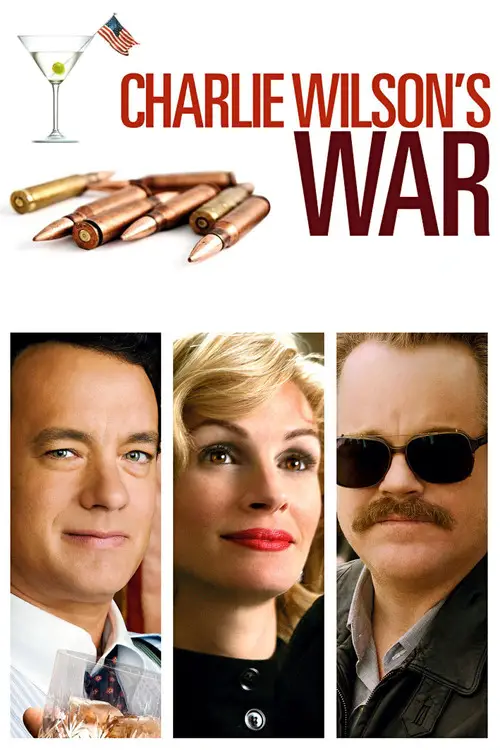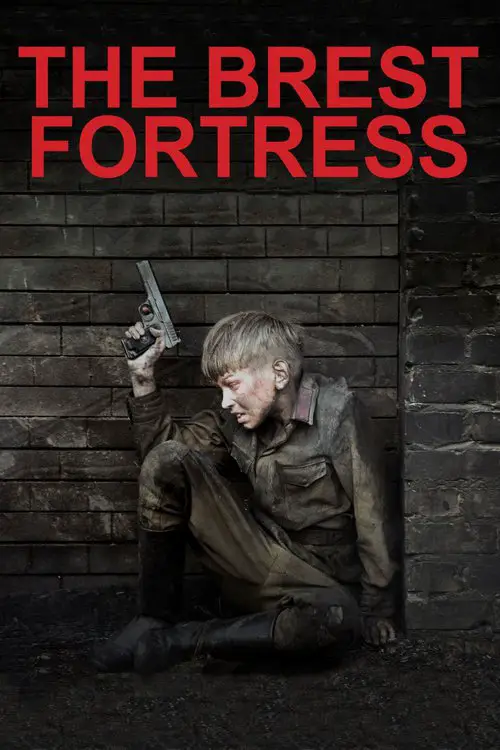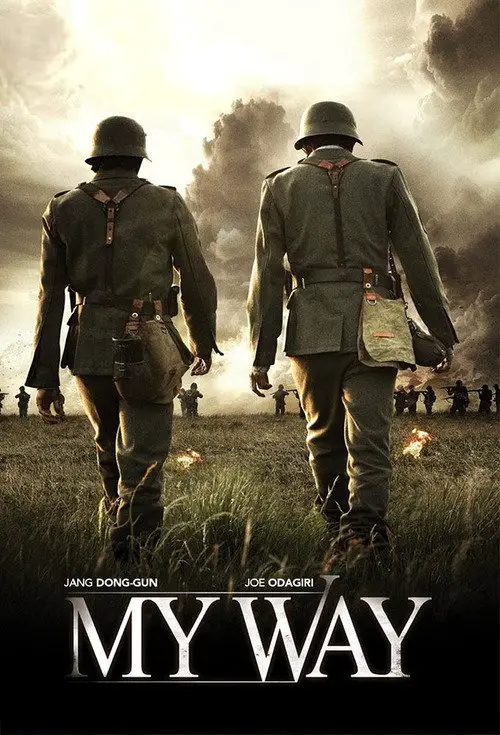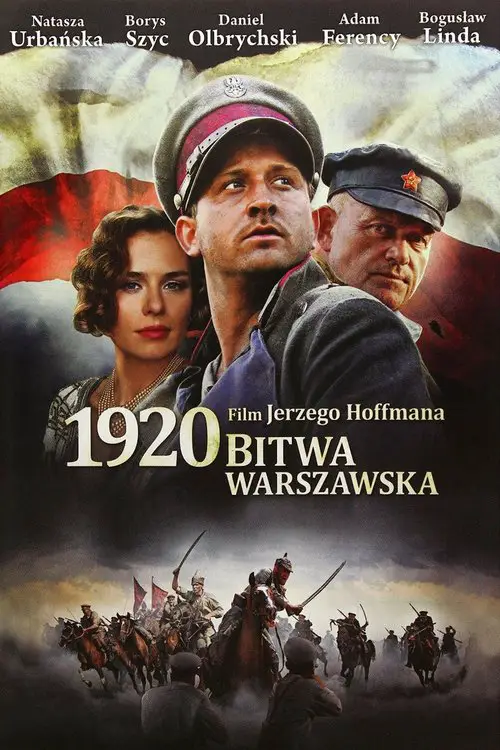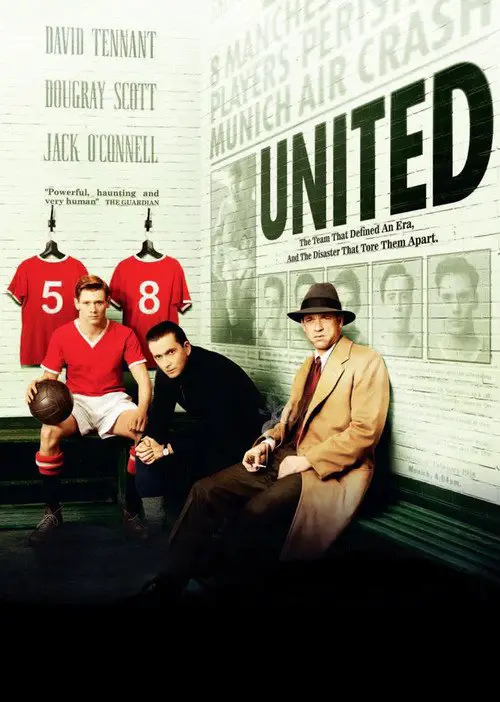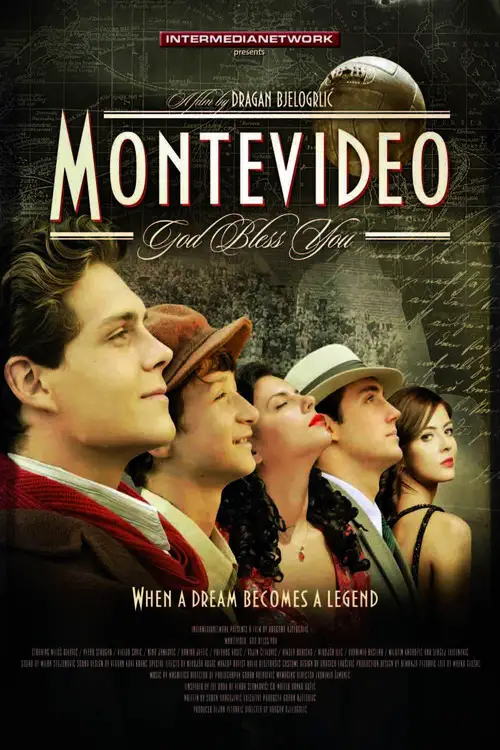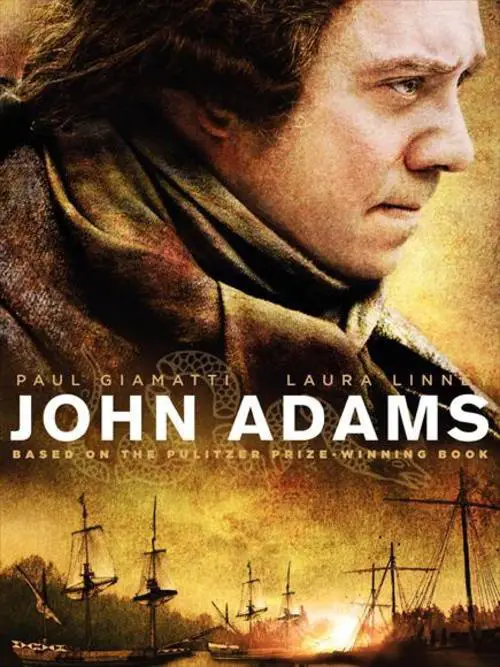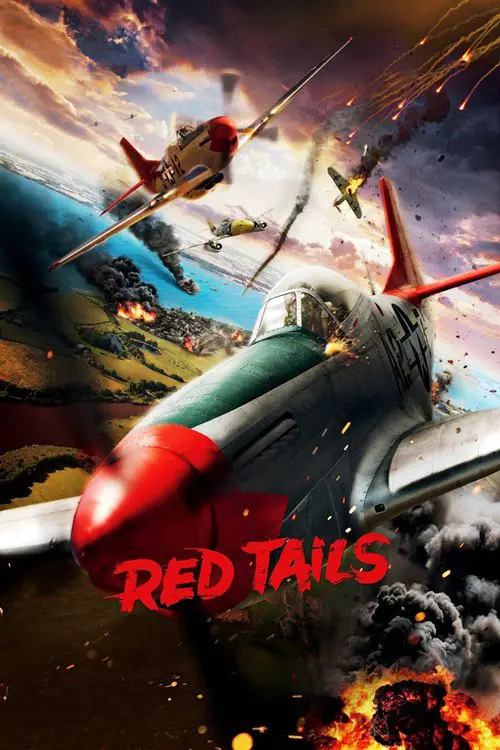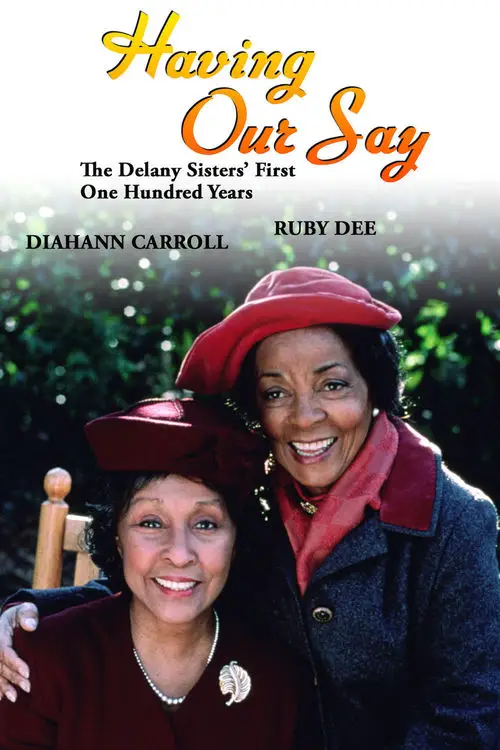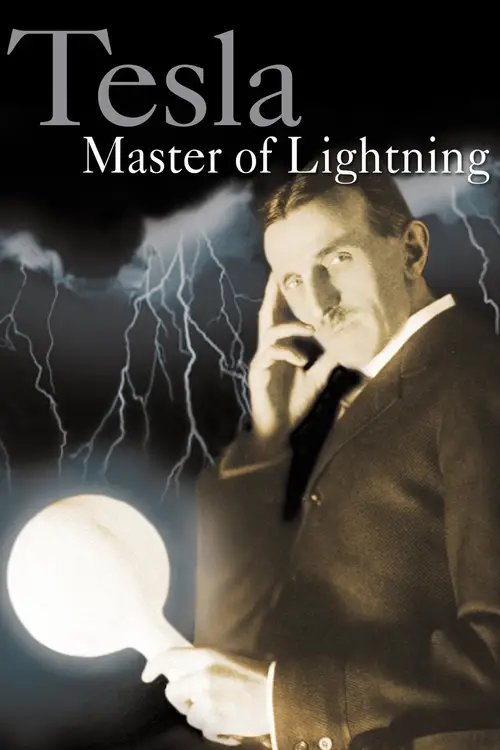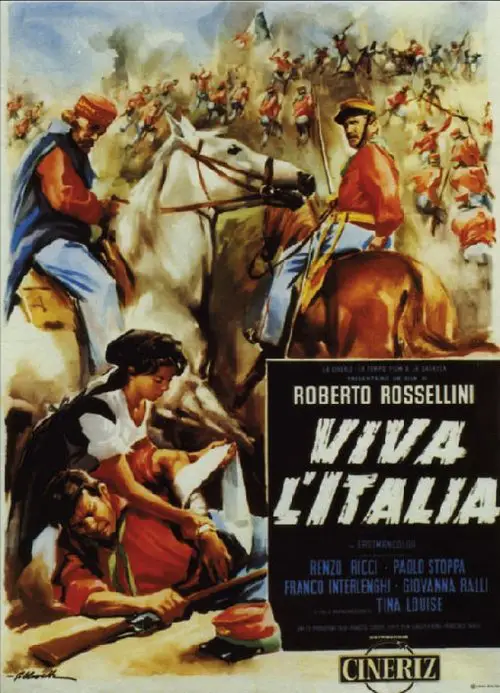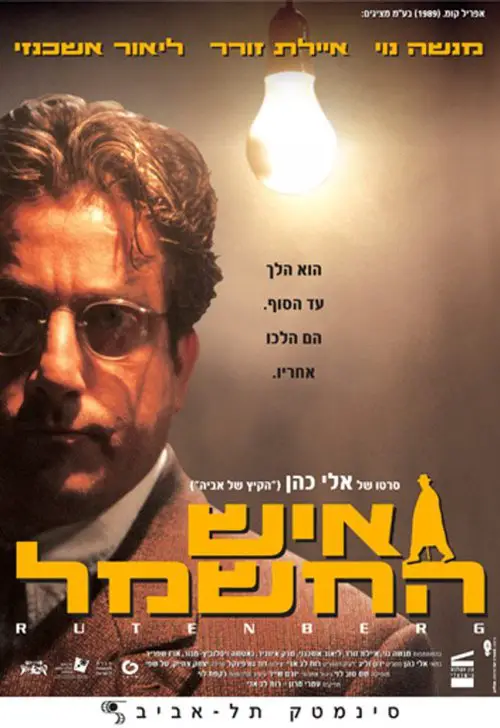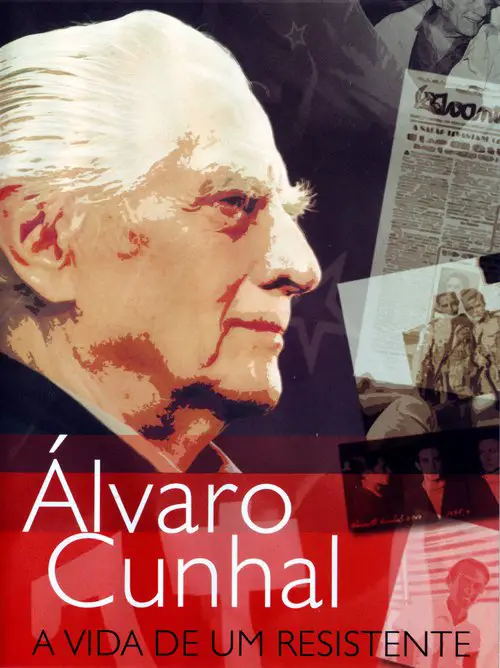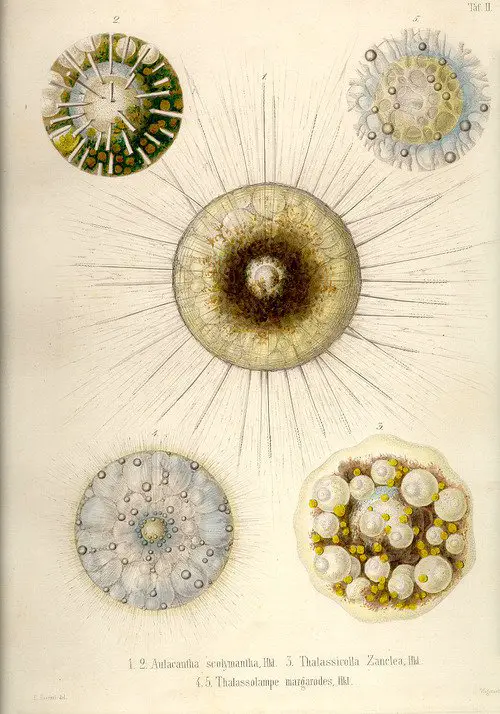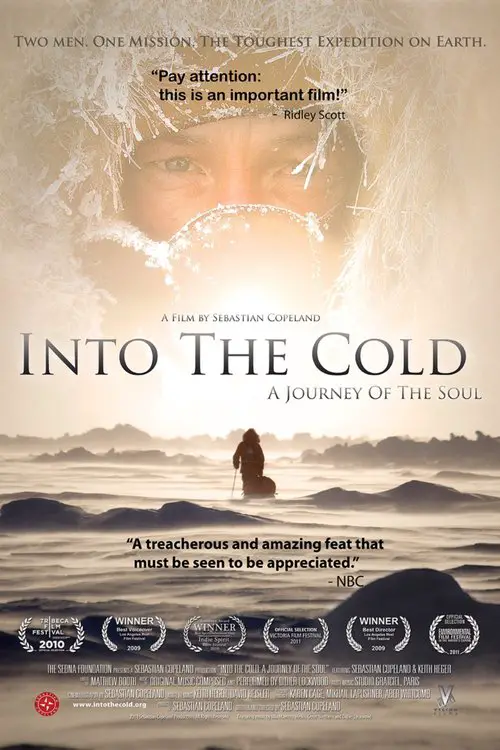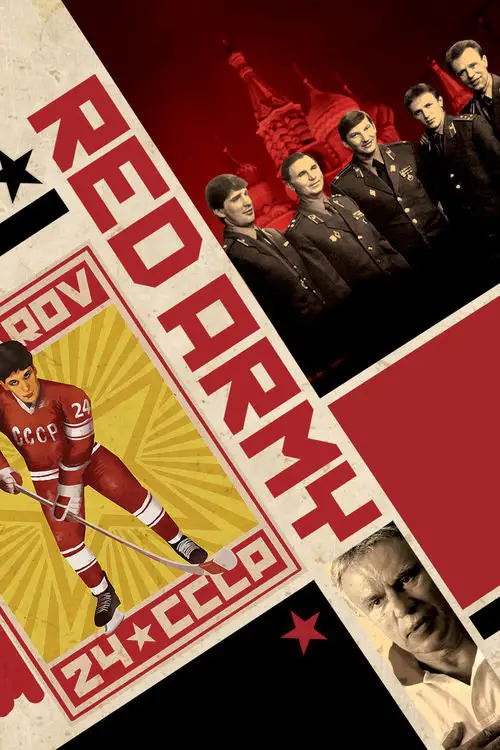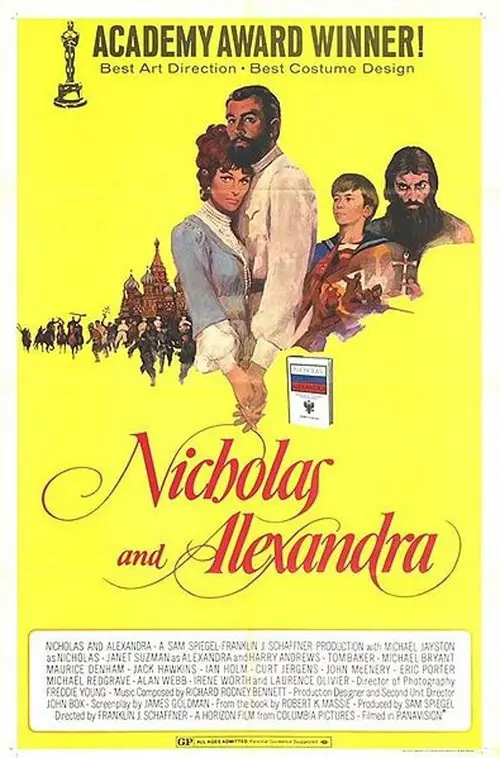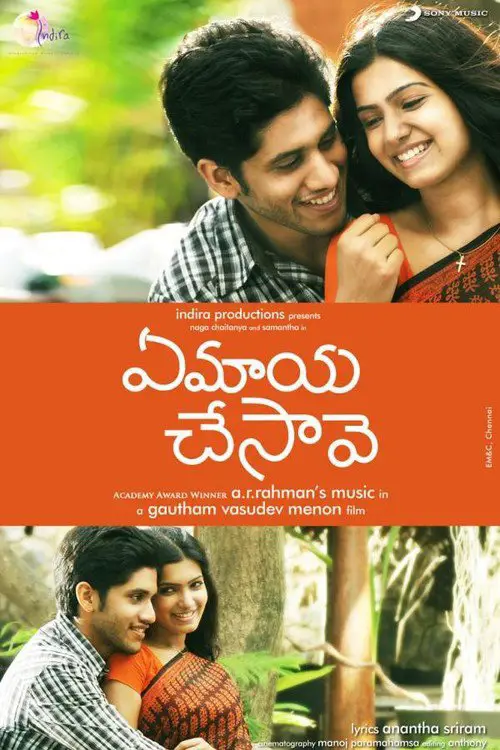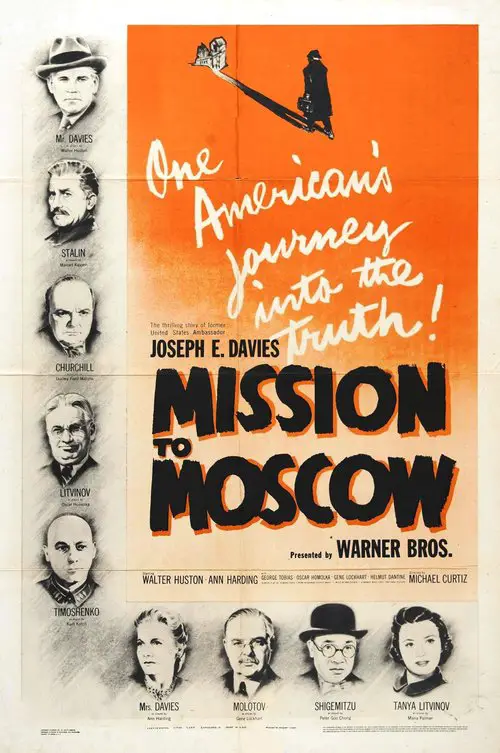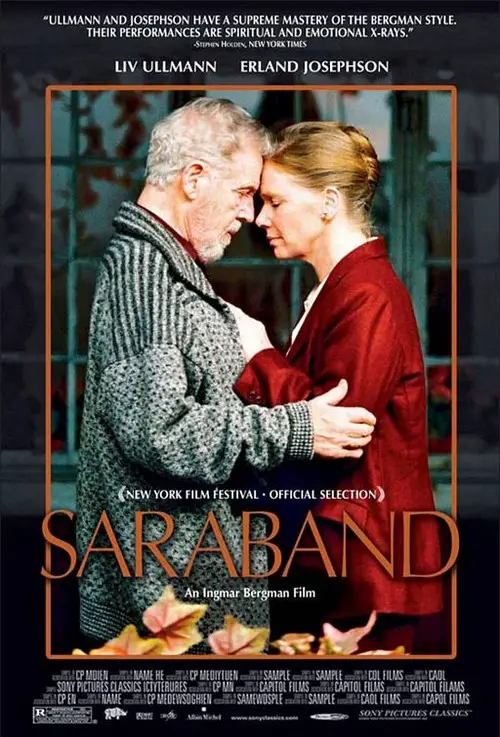Lenin in October (1937)
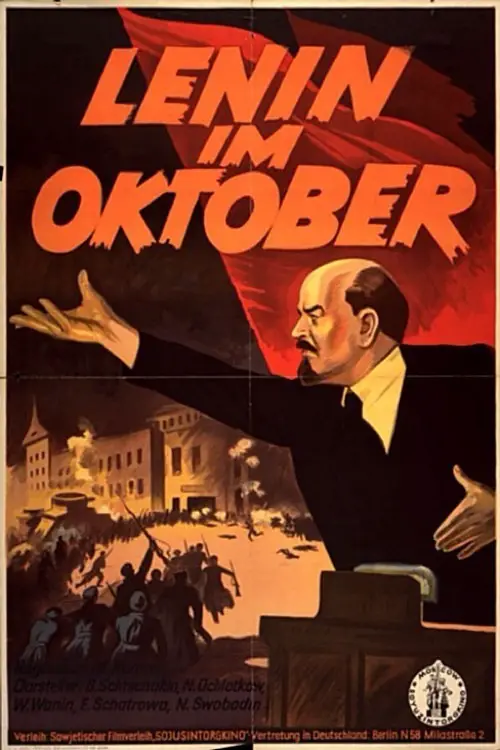
Similar movies
Children of Glory will commemorate Hungary's heroic Revolution of 1956, and takes place in Budapest and at the Melbourne Olympic Games in October and November of that year. While Soviet tanks were destroying Hungary, the Hungarian water polo team was winning over the Soviets in the Olympic pool in Melbourne, in what has been described as the bloodiest water polo match in history.
Fernando, a journalist, and his friend César join terrorist group MR8 in order to fight Brazilian dictatorial regime during the late sixties. Cesare, however, is wounded and captured during a bank hold up. Fernando then decides to kidnap the American ambassador in Brazil and ask for the release of fifteen political prisoners in exchange for his life.
March/April 1917. The first world war is already a couple year to pace. A sealed train with Russian emigrants keeps on driving from Zürich Germany and Sweden to Sint-Petersburg. The outlaws stand under the guidance of Vladimir J. Lenin. Two senior officers support the revolutionary bomb "to ensure that everything runs smoothly. Yet there are some unpleasant clashes between Socialists and enthusiastic workers who are worried about the war. During train travel there comes an end to Lenin's affair with the gracious Inessa, and his wife Nadja is prepared take back him. The triumphant entrance in St. Petersburg will exceed all expectations....
An introverted champion athlete arrives from Leningrad to Haapsalu in 1952 to become a PE teacher. Against principal's opposition, he starts teaching children fencing. From a bumpy begininng, fencing becomes a therapy for children and the trainer after rough war time. But principal still wants to know why the athlete came to Haapsalu in the first place.
One of the doyennes of Hungarian film deals with a dark period of national history: the Soviet regime in Hungary. She portrays it through the fate of the former prime minister and national hero, Imre Nagy. The script is based on the diary written by Imre Nagy, and the memories of his daughter, Erzsébet Nagy, as well as authentic documents and records.
In 1839, months after the British army has repressed the insurrection of the Patriots, hundreds of rebels rot in prison. The morning of February 14, Marie-Thomas Chevalier De Lorimier and Charles Hindelang learn that they will be hung in 24 hours, with three other comrades. While they await their hour of death the condemned spend time and consult with companions and loved ones as well as entrust to those their last wills. At dawn, the five Patriots find the courage to walk with dignity towards the scaffold, knowing that will they die in the name of a just causewww.tribute.ca
The Sun (Russian: СóлнÑе, Solntse) is a 2005 Russian biographical film depicting Japanese Emperor ShÅwa (Hirohito) during the final days of World War II. The film is the third drama in director Aleksandr Sokurov's trilogy, which included Taurus about the Soviet Union's Vladimir Lenin and Moloch about Nazi Germany's Adolf Hitler.
This film is based on the book about Vasili Ivanovich Chapaev (1887 - 1919) who was in real life the Commander of the 25th Division of the Red Army. Chapaev is an uneducated peasant and a decorated hero in the World War I and later in the Russian Civil War, that followed the Russian revolution. This man of action is fighting on the side of the poor people. His troops consist of peasants, just like him. Unable to write, he can brilliantly demonstrate various battle tactics by moving potatoes on the table. He is street smart. He never lost a battle against the experienced Generals of the Tzar's Army.
Set in December of 1917 after the Bolshevik revolution in Russia. Lenin and the communists are making every effort to strengthen their power. Lenin appoints Felix Dzerzhinsky the Commissar for Internal Affairs and the head of the All-Russian Extraordinary Commission for Combating Counter-Revolution and Sabotage (CheKa). It became the predecessor of GPU and KGB.
The film tells the story of Raja Ravi Varma at a certain stage in his life. He is in the process of painting a masterpiece. The theme of his painting is Pururavas, the legendary king who fell in love with the heavenly nymph Urvashi, who later agrees to become his wife on certain conditions, but disappears without a trace when she discovers that the conditions were violated. Pururavas wanders all around to find her and ultimately does get united with his lover. Ravi Varma, during his work, finds himself attracted to his model Sugandha Bhai and this relationship begin to acquire certain shades of the legend of Urvashi and Pururavas. Together they are thrown into a torrent of love and passion from which they find it difficult to scape.
Soviet propaganda film in two episodes about Stalin's strong and cruel suppression of the 1919 anti-communist uprising in St. Petersburg, Russia. Stalin and Lenin are shown as heroes who destroyed the efforts of anti-communists led by White Russians with support from "bad" British capitalists headed by Sir Winston Churchill and Lloyd George.
In December 1775, Cletus Moyer is a free black Northerner in colonial America, helping slaves escape captivity. In the days just prior to Christmas, a group of bounty hunters captures Moyer.
Because of his capture, dozens of slaves who have already left their plantations are in danger of being captured as well. Moyer implores two slaves from a nearby plantation to take his place: Kunta Kinte, a Mandinka in his mid-twenties who was captured in what is now Gambia, and Fiddler, an elderly man who was born into slavery. Kunta is eager to help (and to escape himself), but Fiddler is unwilling, fearful of the consequences if they are caught.
We are in the year 1871. A journalist for Versailles Television broadcasts a soothing and official view of events while a Commune television is set up to provide the perspectives of the Paris rebels. On a stage-like set, more than 200 actors interpret characters of the Commune, especially the Popincourt neighbourhood in the XIth arrondissement. They voice their own thoughts and feelings concerning the social and political reforms. The scenes consist mainly of long camera takes.
In 1867, with Garibaldi's forces close to bringing Rome into the Italian kingdom, Monsignor Colombo da Priverno, a world-weary judge on the papal court, wants to resign, disgusted by the violence to which the papacy resorts to hold secular power. That night, three rebels blow up the Zouaves' barracks. Colombo learns that a brief liaison with a countess 20 years' before produced a son, one of the rebels arrested for the bombing. He uses his influence to gain the youth's release, hides him, and then engages in doomed battles of wit with the court and with the Black Pope to free the other two. Can this priest be a father, blunt power, and live out his faith?
The year is 1919. German troops retreat from Ukraine. The Directory, the Ukrainian national government lead by Symon Petliura, takes control of Kyiv. Meanwhile, the Bolshevik division commanded by Mykola Shchors is marching on the capital. The Bolsheviks capture the cities of Vinnytsia, Zhmerynka, and others one by one, but lose Berdychiv to Petliuraâs forces. They are demoralized by the defeat. By his personal example of courage and military skill, Shchors inspires the retreating Red troops and leads them to victory over the enemy.
"Stalingrad" follows the progress of a German Platoon through the brutal fighting of the Battle of Stalingrad. After having half their number wiped out and after being placed under the command of a sadistic Captain, the Lieutenant of the platoon leads his men to desert. The men of the platoon attempt to escape from the city which is now surrounded by the Soviet Army.
The true story of Ivan Sanchin, the KGB officer who was Stalin's private film projectionist from 1939 until the dictator's death. Told from Sanchin's view, the sympathetic but tragically flawed hero maintains unwavering faith in his "Master" despite the arrest of his neighbors and his involvement with their daughter, his wife's affair with the chilling State Security chief Lavrentii Beria and her tragic decline, and the deadly political machinations within the Kremlin he witnesses firsthand. Written by Martin H. Booda
A war widow determined to clear the name of her disgraced husband, who was court-martialed for desertion and executed. Official records have been destroyed, and the ministry that distributes benefits continues to deny her a pension. Twenty-six years after the war, she seeks out four survivors of her husband's garrison. Each tells a dramatically different story about her husband's conduct, but she is determined to learn the truth.
Based upon the actual cables between Washington, London and Moscow during the Second World War, this TV-movie examines the relationship between the leaders of these countries throughout the conflict. Franklin D. Roosevelt (John Lithgow), Winston Churchill (Bob Hoskins) and Joseph Stalin (Michael Caine), spring to life as real but imperfect people who nevertheless are great leaders fighting a great war.
September of 1944, a few days before Finland went out of the Second World War. A chained to a rock Finnish sniper-kamikadze Veikko managed to set himself free. Ivan, a captain of the Soviet Army, arrested by the Front Secret Police 'Smersh', has a narrow escape. They are soldiers of the two enemy armies. A Lapp woman Anni gives a shelter to both of them at her farm. For Anni they are not enemies, but just men.
Eric O'Neill, a computer specialist who wants to be made an agent is assigned to clerk for Robert Hanssen, a senior agent with 25 years in the FBI, and to write down everything Hanssen does. O'Neill's told it's an investigation of Hanssen's sexual habits, however Hanssen is really suspected of spying for the Soviet Union and Russia for years and being responsible for the deaths of agents working for the United States.
Inspired by a true story. Jun Shik works for Tatsuo's grandfather's farm while Korea is colonized by Japan, but he has a dream to participate in Tokyo Olympics as a marathon runner. Tatsuo also aims to become a marathon runner, so the two are in rivalry. But war breaks out and they both are forced to enlist in the army. Tatsuo becomes the head of defense in Jun Shik's unit and he devises a scheme but fails. Jun Shik and Tatsuo are captured by the Soviets. They run away but soon are captured by Germans and forced to separate. In 1944, they meet again at the shores of Normandy.
In 1980, the United States Ice Hockey team's coach, Herb Brooks, put a ragtag squad of college kids up against the legendary juggernaut from the Soviet Union at the Olympic Games. Despite the long odds, Team USA carried the pride of a nation yearning for a distraction from world events. With the world watching, the team rose to the occasion, prompting broadcaster Al Michaels' now famous question to the millions viewing at home: "Do you believe in miracles?" Yes!
United is based on the true story of Manchester United's legendary "Busby Babes", the youngest side ever to win the Football League and the 1958 Munich Air Crash that claimed eight of the their number. The film draws on first-hand interviews with the survivors and their families to tell the inspirational story of a team and community overcoming terrible tragedy.
Tells the story of Sadie and Bessie Delany, two African-American (they preferred "colored") sisters who both lived past the age of 100. They grew up on a North Carolina college campus, the daughters of the first African-American Episcopal bishop, who was born a slave, and a woman with an inter-racial background. With the support of each other and their family, they survived encounters with racism and sexism in their own different ways. Sadie quietly and sweetly broke barriers to become the first African-American home-ec teacher in New York City, while Bessie, with her own brand of outspokenness, became the second African-American dentist in New York City. At the ages of 103 and 101, they told their story to Amy Hill Hearth, a white New York Times reporter who published an article about them. The overwhelming response launched a bestselling book, a Broadway play, and this film.
This program recounts the life of scientist, inventor, and visionary Nikola Tesla, often remembered as more of an eccentric cult figure than an electrical engineering genius. Many of his achievements are still attributed to contemporaries Thomas Edison and Guglielmo Marconi. Tesla's surprising inventions are revealed in his autobiographical and scientific writings, supplemented by rare photographs and re-creations.
A documentary that takes a broad overview of the life of the self-Leader, which is a review of the history of the twentieth century so far. Thus, the main events of the century are analyzed through the experience of Franco, who starred in many of them in this historic document which brings together, among others, Alfonso XIII, Mussolini, Lenin, Primo de Rivera, Azana or Roosevelt.
Biographical documentary about Ãlvaro Barreirinhas Cunhal (1913-2005), lider of the Portuguese Communist Party for over half a century, living in clandestinity during the "New State" dictatorship. Divided in two parts: "What To Do?" and "The State And The Revolution", produced in 2005 and released on DVD in 2006 to commemorate the first year of Ãlvaro Cunhal's death.
The animated documentary Proteus explores the nineteenth century's engagement with the undersea world through science, technology, painting, poetry and myth. The central figure of the film is biologist and artist Ernst Haeckel, who found in the depths of the sea an ecstatic and visionary fusion of science and art.
Into the Cold retraces two men dramatic expedition to the North Pole one of the toughest and most magnificent environments in the world and also one that is rapidly vanishing. In two months, 400+ miles, and -50F temperatures, the film reveals a deeply personal journey by foot to the top of the world as never before seen on camera. At current rates of climate change, this centennial commemorative expedition in 2009 will not be possible in another 100 years.
From Oscar and Emmy award winning filmmakers, Red Army highlights the Soviet Union's legendary and enigmatic hockey training culture and world-dominating team through the eyes of the team's Captain Slava Fetisov, following his shift from hockey star and celebrated national hero to political enemy. The film turns a unique lens on the social and cultural transformation of the Soviet Union leading up to the fall of Communism, mirroring the rise and fall of the Red Army team. A film by Gabe Polsky and Executive Producers Werner Herzog and Jerry Weintraub.
When in 1941 Nazi Germany invaded the Soviet Union, their troops quickly besieged Leningrad. Foreign journalists are evacuated but one of them, Kate Davies, is presumed dead and misses the plane. Alone in the city she is helped by Nina Tsvetnova a young and idealist police officer and together they will fight for their own survival and the survival of the people in the besieged Leningrad. Written by Marcio Eduardo
Karthik (Naga Chaitanya) is an engineering graduate who wants to pursue his career as a film director. Samantha is his neighbour and he falls in love with her at the very first sight. But there are two catches. One is that she is elder to him and the bigger hitch is that she is a Malayali Christian. He proposes to her and she slowly falls for his guts and his perseverance. Her strict father comes to know about it and settles her marriage. She loves him, but canât hurt her entire family by marrying him. The rest of the story is all about how Karthik achieves his passion to become a film director and tastes success at the personal front.
The movie is a sequel to Bergman's Scenes from a Marriage (1973), where we revisit the characters of Johan and Marianne, then a married couple. After their divorce, Johan and Marianne haven't seen each other for 32 years. Marianne is still working, as a divorce lawyer. Johan is quite well off and has retired to a house in the Orsa finnmark district of Sweden. On a whim, Marianne decides to visit him. Johan's son from a previous marriage, Henrik, lives nearby in a cottage with his daughter Karin, a gifted cello player. The relationship between father and son is strained. Plot by Mattias Thuresson.
Veteran Russian writer-director Nikita Mikhalkov's film about the impact of modern civilization on an idyllic part of Mongolia won the Golden Lion at the Venice Film Festival and was nominated for an Oscar as Best Foreign Film. A farmer (Bayyartu) and his wife, who live in a rural part of Inner Mongolia, have three children. Chinese population control policies prevent them from having any more. The farmer sets out for the nearest town to obtain birth control. He comes upon a Russian truck driver (Vladimir Gostyukhin) who has ended up in a lake. The farmer takes the man back to his farm, and after initially being appalled at the lack of civilization, the Russian becomes enchanted with the peaceful life of the backwards countryside and decides to stay. But his presence presages big changes for the peasants.
A group of Spanish refugees try to organize protests from France. Their network is under constant threat by the police and some of them have recently been arrested. The main character (played by Yves Montand) dedicated his whole life to the battle but he feels forever estranged. He doesn't find his place nor in his adoptive country (France) nor in love.
But this film is not about the story, it's all about style. Alain Resnais has an original approach in this film and this is the thing that makes this film worth watching.
© Valossa 2015–2026
| Privacy Policy
